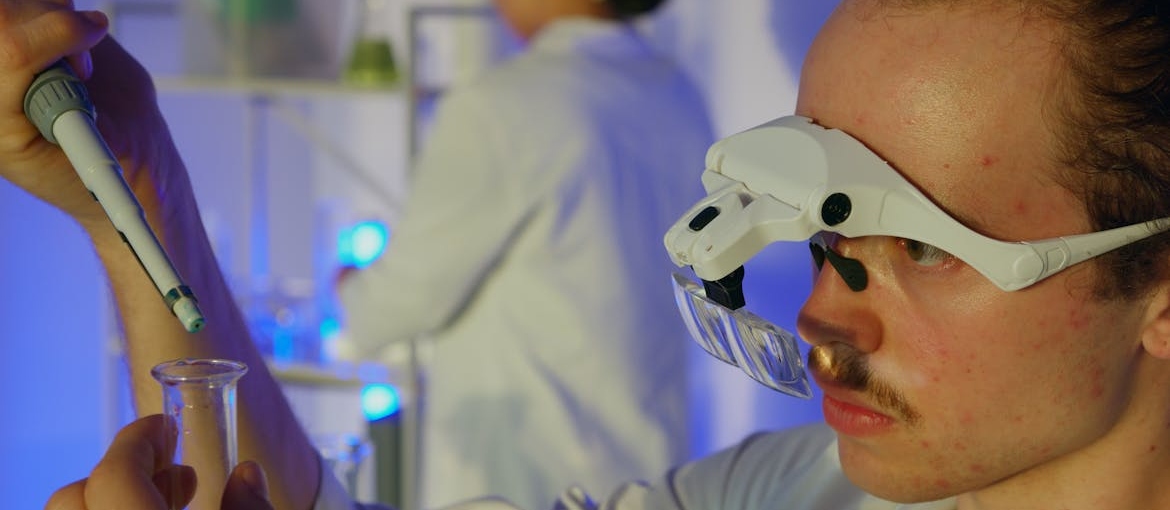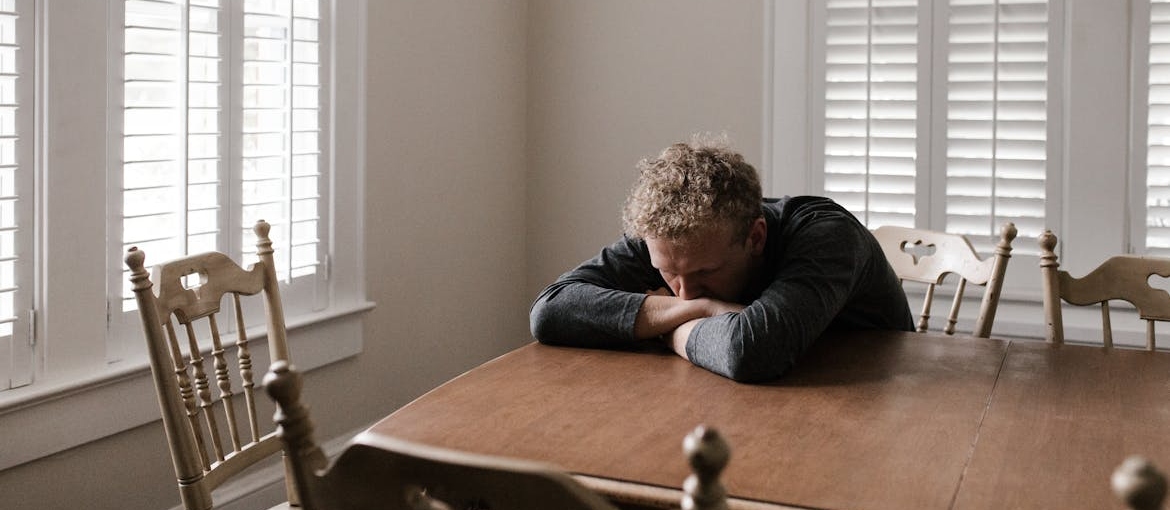Alcohol can bring out a side of you that you might not recognize. For some, a personality change when drinking alcohol is noticeable, leading to unexpected moods or behaviors. Whether it’s becoming more talkative, aggressive, or emotional, alcohol affects everyone differently. These changes can be confusing, especially when they don’t reflect your usual personality. If you’ve noticed these shifts in yourself or someone else, it’s important to understand what might be happening. Sometimes, these changes are temporary, but for others, they can be part of a deeper issue. If alcohol is causing troubling personality shifts, addiction treatment centers in West Virginia can offer support. You don’t have to face this alone—there are solutions that can help restore balance and control.
The Science Behind Personality Changes
When you drink alcohol, it affects your brain’s chemistry, leading to changes in behavior and mood. Alcohol is a depressant, which means it slows down brain activity. This affects how we think, feel, and react to situations. Some people feel more relaxed, while others might become more talkative or aggressive. The reason for these changes varies from person to person.

Can alcohol change your personality? Yes, alcohol can alter how we act, and for some, it brings out different traits. When drinking, the prefrontal cortex, which controls decision-making, is affected, often making it harder to control emotions or actions. This can lead to behavior shifts. If you’ve asked yourself, “Why does my personality change when I drink alcohol?”, you’re not alone. It’s all tied to how alcohol interacts with your brain and body.
Factors That Influence Personality Changes
Alcohol can cause changes in mood, thinking, and behavior, often in ways people don’t expect. These shifts may be mild for some and more extreme for others. Genetics, environment, and mental health all play a role. Knowing which factors influence alcohol’s effects can help you understand and manage these personality shifts better. The sections below explore the most common influences in detail.
Genetics and Alcohol Sensitivity
The role of genetics and environment in alcohol addiction is very significant. Some people are naturally more sensitive to alcohol’s impact on the brain. This means even small amounts may cause noticeable shifts in mood or behavior. Others may need more alcohol before seeing any change. These differences are partly due to how the body processes alcohol and how brain chemicals respond.
A genetic predisposition can make you more likely to experience alcohol personality change, sometimes making emotions stronger or lowering inhibitions quickly. If drinking often leads to sudden or intense changes in how you act, it could be related to your genetic makeup. Being aware of this can help you make choices about your alcohol use. It also helps explain why does alcohol change your personality differently for each individual.

Environmental and Social Influences on Drinking Behavior
Your environment and social surroundings can shape how alcohol affects you. Drinking habits often reflect the settings and people you spend time with. Certain environments can encourage heavier drinking or trigger behavior shifts. Below are some common environmental and social influences that can cause a personality change when drinking alcohol:
- Peer pressure: Friends may influence how much and how quickly you drink.
- Group mood: The overall energy of the setting can affect your behavior.
- Cultural expectations: Traditions may normalize heavy or frequent drinking.
- Stressful environments: High stress can make negative reactions more likely.
- Social roles: Your role in a group can affect how you act after drinking.
- Event type: Parties or celebrations may encourage overdrinking.
- Availability: Easy access to alcohol can lead to more frequent use.
Mental Health Conditions and Personality Changes from Alcohol
Mental health plays a big role in how alcohol changes your personality. Conditions like depression, anxiety, or PTSD can intensify alcohol’s effects. Drinking may temporarily reduce symptoms for some, but often it amplifies negative feelings. This can lead to stronger mood swings or reactions that feel out of character.
People with alcohol and personality changes connected to mental health issues may need specialized care. Dual diagnosis treatment West Virginia has addresses both mental health challenges and substance use at the same time. Without treating both, personality changes may keep happening. If you often notice that alcohol makes you more anxious, irritable, or withdrawn, mental health could be a major factor. Alcohol can change your personality in ways that are difficult to manage without professional help.

Common Personality Changes Associated with Alcohol Use
Many people notice personality shifts after drinking. Some may feel more outgoing, while others might become aggressive, sad, or even anxious. These changes depend on factors like the amount of alcohol consumed, your mood, and your environment. For example, some individuals might become more talkative, while others might withdraw or even show signs of irritability.
Alcohol doesn’t just change how we feel; it can alter how we express ourselves. If you’re noticing drastic behavior changes, it might be time to consider help. If alcohol is taking a toll on your personality, an alcohol rehab center Charleston WV residents trust can offer you guidance and support. They can help you understand what’s going on and give you tools to regain control. Recognizing these changes is the first step in finding a healthy way to address them.
How Alcohol Interacts with Mental Health
Alcohol can have a major impact on your mental health. If you’re already struggling with anxiety, depression, or other issues, alcohol can amplify these feelings. It may feel like a temporary escape, but it often leads to even more intense emotions when the effects wear off. If you’re wondering if alcohol can change your personality, the answer is yes—especially when you have underlying mental health issues.
Alcohol can worsen anxiety, mood swings, and even trigger depressive episodes. If this sounds familiar, it might be time to seek support. Alcohol rehab WV has offers comprehensive programs that address both substance use and mental health. They can help you break the cycle of using alcohol to cope with feelings. Recognizing the impact alcohol has on your mental health is crucial for finding a healthier path.

Coping with Personality Changes After Drinking
Noticing personality changes when drinking alcohol is the first step toward control. The next steps involve understanding these shifts, applying strategies to reduce negative effects, and seeking help when needed. Taking action early can prevent long-term problems and make it easier to enjoy social drinking without losing your sense of self.
Identifying and Understanding Your Own Behavior
Paying close attention to your behavior when drinking can help you spot patterns. Ask yourself how you feel emotionally and physically after one drink, after two, and beyond. Are you calmer, louder, or more easily upset? Tracking these changes can help you understand what triggers them. Individual therapy for addiction can give you tools to reflect on your habits and build self-awareness.
A therapist can help you identify emotional triggers, stress points, and social situations that make personality changes more likely. Writing down your reactions after each drinking occasion can reveal trends you may not notice in the moment. The more you know about your patterns, the better you can prepare for or avoid situations that lead to unwanted shifts. This lays the foundation for understanding why does alcohol change your personality and how to control it.
Strategies for Reducing Negative Personality Effects
Changing how you drink can greatly reduce negative personality effects. Small adjustments can make a big difference. Below are strategies that can help you minimize any personality change when drinking alcohol:
- Pace yourself: Limit how quickly you finish each drink.
- Eat beforehand: Food slows alcohol absorption.
- Alternate drinks: Have water between alcoholic beverages.
- Set limits: Decide in advance how many drinks you’ll have.
- Avoid triggers: Stay away from situations that make you drink heavily.
- Choose your setting: Pick calm environments over chaotic ones.
- Monitor your mood: Stop drinking if emotions start shifting.
When to Seek Professional Help for Alcohol-Related Issues
Sometimes personality changes after drinking are too intense to manage alone. If your shifts are affecting relationships, work, or daily life, professional help can make a big difference. Support is available for those ready to address drinking habits and behavior changes. A drug rehab that accepts Tricare may be an option if insurance coverage matters to you.
Programs can help you uncover why alcohol changes your personality and provide practical tools for control. Seeking help doesn’t mean giving up—it means gaining support from people who understand the problem. If you’ve tried cutting back but still notice the same patterns, professional care may be the safest and most effective path forward.
The Role of Emotional Triggers in Alcohol-Induced Personality Changes
Emotions play a big role in how alcohol affects your personality. For many people, certain emotions or situations trigger changes in behavior when drinking. Alcohol can make it harder to control your reactions, so you might respond to stress, frustration, or even happiness in ways you wouldn’t normally.
For example, if you’re feeling stressed, alcohol may lower your inhibitions and make you more likely to lash out or become overly emotional. On the other hand, if you’re in a happy environment, alcohol might make you feel more upbeat or excessively sociable. Recognizing your emotional triggers is important for understanding how alcohol changes your behavior.

Preventing Unwanted Personality Changes While Drinking
Prevention starts before you take your first sip. With responsible drinking habits, healthy boundaries, and clear moderation strategies, you can reduce the risk of alcohol-related behavior shifts. The tips below can help you stay in control and enjoy drinking without unwanted consequences.
Drinking Responsibly and Managing Intake
Responsible drinking means knowing your limits and sticking to them. It also means being aware of how alcohol affects you. If drinking often leads to a personality shift, it might be time to adjust your approach. Alcohol rehab for professionals can help those in high-pressure careers manage stress without relying on alcohol. Responsible drinking might include slowing down, choosing lower-alcohol drinks, or limiting how often you drink.
Planning ahead and avoiding situations that encourage overdrinking are also important. When you control your intake, you can enjoy social situations without worrying about unpredictable behavior changes. This approach not only protects your personality but also supports your overall health. A few simple steps can keep alcohol from having too much control over who you are.
Creating Healthy Boundaries Around Alcohol Use
Boundaries help protect your mental and emotional state when drinking. Setting clear rules for yourself can prevent overdrinking and unwanted behavior changes. Below are healthy boundaries to consider for moderating alcohol intake:
- Decide in advance how much you’ll drink.
- Avoid drinking during high-stress times.
- Skip alcohol on back-to-back days.
- Choose events with less focus on alcohol.
- Say no when you’ve had enough.
- Surround yourself with supportive friends.
- Keep track of how you feel after drinking.

Tips for Moderating Alcohol Consumption for Mental Clarity
Moderation can keep your thinking sharp and your behavior stable when drinking. Below are tips to help you maintain mental clarity and avoid a personality change when drinking alcohol:
- Set a personal limit for each drinking occasion.
- Drink slowly to give your body time to process.
- Alternate alcoholic drinks with water.
- Avoid binge drinking in any setting.
- Pay attention to early signs of intoxication.
- Choose drinks with lower alcohol content.
- Stop before you feel out of control.
Moving Forward: Regaining Control After Personality Changes from Alcohol
If you or someone you know experiences a personality change when drinking alcohol, it’s important to address it. These changes can signal deeper issues, especially if they happen often. It’s not uncommon for alcohol to affect your mood and behavior in unexpected ways, but recognizing the signs is the first step toward finding help. If these shifts are causing harm, consider seeking professional support. There’s no shame in reaching out. Don’t let alcohol define who you are. With the right support, you can understand these changes and make the necessary steps toward healthier habits. You deserve to feel like yourself again.



